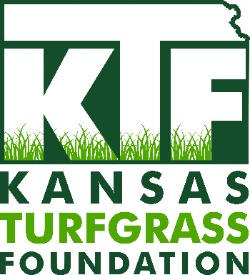Henbit (Lamium amplexicaule)

Henbit is a cool season annual (sometimes a biennial) that reproduces by seed and rooting stems. Henbit stems droop and then turn upright to grow to 16 inches tall. They may root where they touch the ground. They are square, green to purplish, and smooth or hairy. The roots are fibrous. The 1/2 to 1 inch long leaves of henbit are opposite, dark green and hairy above and lighter below. The lower leaves have petioles and the upper leaves are borne directly on the stem. The leaves are triangular to circular have palmate venation. The leaf edges have rounded teeth and are crinkled at the edges. Henbit flowers are tubular, pink to red to purple, and borne in whorls in the upper leaf axils. They appear to have two lips and are up to 3/4 inch long. Henbit normally flowers April to June and occasionally in September.
Occurrence
Henbit is often found growing in moist, fertile soils, particularly in fall and early spring. To control henbit without herbicides, maintain density and health in established turf and avoid thin autumn seedings.
Non-Chemical Control
Small populations can be hoed or hand pulled. Apply postemergence herbicides from mid through late spring and again from mid to late autumn.
Chemical Control
Preemergence herbicides should be applied in late summer before germination. Because henbit grows in cool conditions, it can be a problem in warm season turf.



